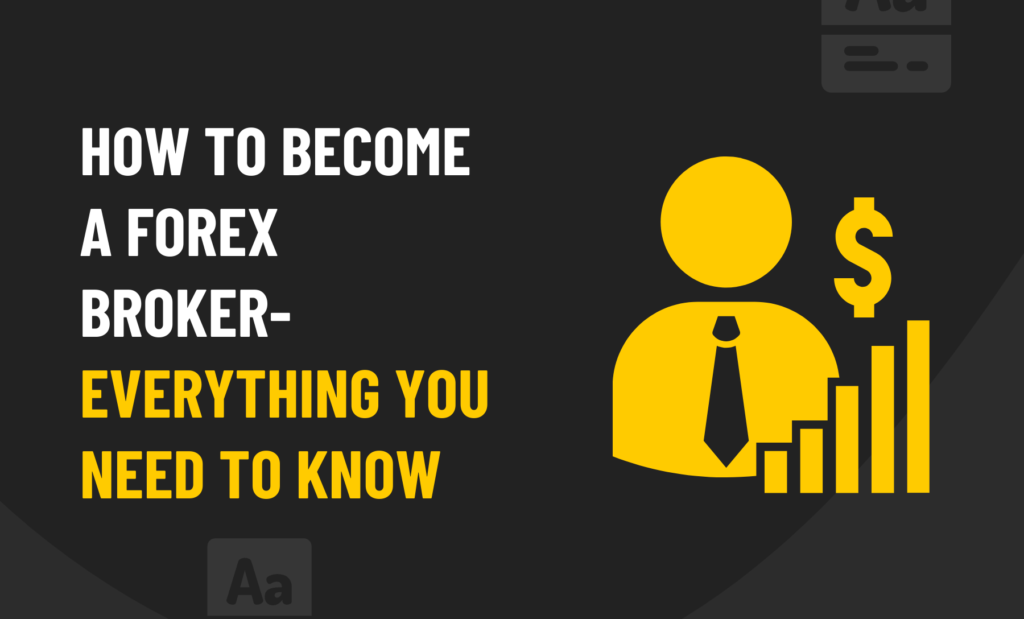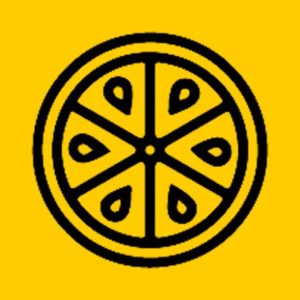Introduction
Do you have questions about how to become a forex broker? Do you possess the necessary qualifications?
According to financial analysts and economic experts, the popularity of remote work and globalisation will cause the foreign exchange market to grow dramatically in the upcoming years. In these conditions, internet brokerage companies seem more promising than conventional ones.
The foreign exchange market is where people from all around the world purchase and sell currencies. Understanding a forex broker’s responsibilities and needed credentials might help you prepare for a job in this sector.
If you are attracted to this sector and possess particular talents, you may like to pursue a career as a foreign currency broker.
In this article, we explain the role of a forex broker explains how to become a forex broker. Let’s get started;
What is a Forex Broker?
A foreign exchange broker, or forex broker, is a financial institution that facilitates the purchase and sale of currencies. Additionally referred to as a “foreign exchange broker” or a “retail forex broker,” a forex broker links traders to a network of banks to facilitate the purchase and sale of foreign currencies.
They collect money from various institutions through a single network and provide it to their consumers at the highest feasible rates.
It functions similarly to a middleman between traders and banks, as it is a global market for foreign currency trading. You may create a forex account only through a forex broker, who operates as a middleman between traders and the interbank market, the world’s largest market for foreign currency trading.
A currency broker would have purchased and sold currencies on your behalf in the past. However, several online forex brokers provide trading platforms via which you may trade currencies on your own.
Brokers may now give their clients access to electronic trading platforms thanks to advancements in technology. Anyone may begin buying and selling currencies within minutes in this digital era. However, not all brokers are made equal; each has its own regulations, methods, and commissions.
The Forex Market in Detail
The term ‘forex’ refers to foreign exchange. It is a global marketplace for speculating on various currency exchange rates to earn a profit. While some currency conversion is carried out for practical reasons, the great majority of currency conversion is carried out by forex traders to profit.
By trading currencies in pairs, you may wager on whether one currency will appreciate or depreciate in value relative to the other.
It is simply a method of profiting by betting on the movement of various currencies across the world. For instance, if you believe the euro will outperform the dollar in the coming months, you may purchase euros now and sell them later when their value has improved.
Forex trading operates similarly to any other transaction in which you purchase an asset using a currency.
How the Forex Market Works
Whenever you travel to another country, you have to exchange the money you have for the local currency. Let’s say you’re visiting Italy from England and you need to exchange 500 Pounds for Euros. When you return home, you notice that you have some Euros left, so you head to a currency exchange booth to trade them for Pounds. The cashier gives you more money than you expected.
This is a basic example of how the foreign exchange market works. Every time you exchange money into a different currency, you participate in the Forex market. Millions of people trade currencies for a living or hobby. Currency brokers handle these transactions.
Forex, or the foreign exchange market, is the world’s largest and most liquid market. Basically, it’s the place where all currencies are traded.
How to become a forex broker
As a forex broker, you can work alone or as part of a brokerage business. If you want to work for an organisation, you must adhere to its forex broker’s rules. To become a forex broker in a brokerage firm, follow these steps:
Acquaint yourself with the foreign exchange market
Before choosing this job, familiarise yourself with the foreign exchange market and currency trading. Additionally, it is critical to grasp price charts and trading signals and assess prospective risks and rewards and do fundamental research.
Read web articles and books to fully grasp the FX market’s operations and players. Additionally, familiarise yourself with the sub-disciplines associated with currency trading, current forex lingo, and pricing and order standards. As a forex broker, it is critical to have this information on hand to assist traders in deciding on and executing their different transactions.
Consider pursuing a qualification
While a degree is not required for a profession as a forex broker, it may surely assist. Consider pursuing a college degree in business, finance, or economics to boost your hiring prospects. Additionally, expertise in selling financial goods is advantageous. The following degrees can assist you in preparing for a job as a forex trader:
- Finance
- Business Administration
- Investment management
- Economics
- Statistics
- Computer Science
- Applied Mathematics
- Data Analytics
Acquire a professional designation
In most cases, you must obtain certification by passing the National Association of Securities Dealers Series three examination. Spend some time preparing for this examination. After being sponsored by a regulated brokerage business, you must take and pass the actual test to continue pursuing this vocation.
Recognise the forex broker's responsibility
Spend time understanding what a forex broker does in today’s trading climate and what you may expect from your career choice.
As you gather information from various forex brokers, keep in mind that the position has developed due to the increasing reliance on information technology. Consider speaking with active or retired Forex brokers to understand the job’s needs and daily responsibilities in this field. Additionally, you may join online forex discussion forums to connect with experienced brokers.
Discover the risks and rewards of trading forex
Forex is the most actively traded financial market globally, which implies that forex values are constantly fluctuating, generating more trading chances. Specific currency pairs have higher volatility than others. Individuals with inadequate liquidity are frequently more erratic.
USD-denominated pairs are frequently more liquid, as the USD is frequently in strong demand as the world’s reserve currency. Slippage is occasionally a problem in forex trading, given the market’s volatility. Stops and limits should be used to assist lessen the consequences of slippage on your forex trading.
However, if you know the hazards and take the necessary precautions to limit your exposure, the forex market may present you with your next chance.
Pass the National Association of Securities Dealers Series three examination and earn certification. Spend some time preparing for this examination. After being sponsored by a regulated brokerage business, you must take and pass the actual test to continue pursuing this vocation.
FAQs
How long does it take to become proficient in forex?
On average, it takes around a year to learn to trade forex. While the technical aspects may be mastered in weeks, risk management and psychology will take around a year to master. Most traders abandon their trading careers before ever mastering the art of regularly trading the markets.
How can I get a forex license in the UK?
- Register a company;
- Prepare corporate documents;
- Pay state duties;
- Draw up a business plan, AML/KYC policies, and other documents;
- Fill out and submit an application for the Forex license to the relevant authority;
- Set up a corporate bank account;
Conclusion
Forex trading may be a lucrative side hustle or even a full-time business, but it’s essential to remember that there is always risk involved. Conduct thorough research before selecting a broker and begin with minor trades until you gain confidence.
Following the launch, your company strategy will need to be regularly adjusted to reflect changing market conditions. Bear in mind that while the foreign exchange market provides access to a massive amount of money, competition is also fierce.
However, there are three proven tactics you may use to establish a footing in a highly competitive industry at the outset.




